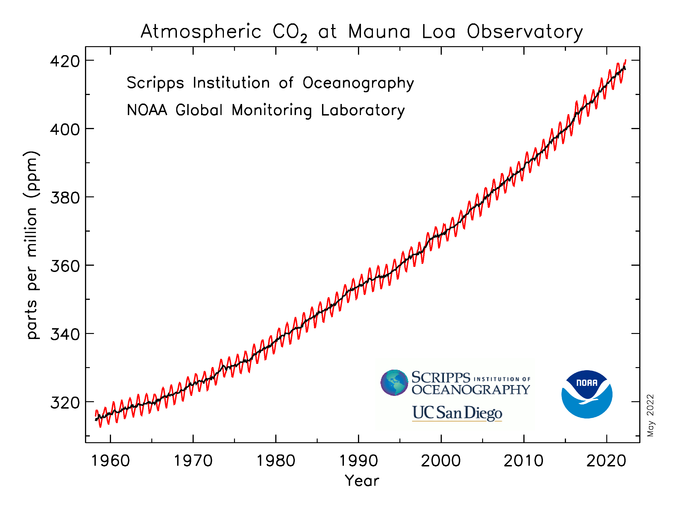A new report highlights that $13.5bn has already been stranded and over $2bn more is at risk on major infrastructure projects as a result of the global water crisis.
The report released today by non-profits CDP and Planet Tracker reveals how financial institutions are exposed to significant risks posed by depleted and contaminated water supplies. Focusing on four sectors, oil & gas, electric utilities, coal, and metals & mining, the report found that $13.5bn in assets are already stranded and a further $2bn are at risk.
These projects include the Keystone oil pipeline in Canada, which has already written off $6bn, the Pascua-Lama gold mine has currently lost $7.5bn on the border of Chile and Argentina, the Adani coal mine in Australia was found to be shouldering $1.2bn of risk, and $0.9bn on the line at the Oyster Creek nuclear facility in the US.
Changes in water-related regulations, high levels of pollution, and community opposition were all cited as drivers for these stranded assets.
Analysis of data from CDP’s 2021 water security corporate dataset found that while the four sectors are largely factoring in water risk, the oil & gas industry stood out by providing fewer responses to the problem.
The report separately identified those financial institutions which are most closely linked to 42 of the world’s most water-impactful companies, through shareholdings or lending activities. The analysis found the top 20 global ultimate owners hold a combined $2.7tr in equity (through active and passive holdings) in these companies. These owners are made up of both leading financial institutions and national governments.
Analysis of CDP’s 2020 and 2021 financial sector dataset found one third of financial firms are still unaware of the problem (out of 377), reporting not to be assessing the implications of water insecurity during their investment or loan decisions.
Latest News
-
Private health provider awards £10,000 to arthritis research team
-
Building Society hands out £1m to tackle inequality
-
Premier League and Comic Relief partnership aims to improve children’s mental health
-
Russell Hobbs launches food poverty campaign in schools
-
Tottenham Hotspur and charities launch film to tackle mental health stigma
-
Cardfactory funds homelessness charity’s team of psychologists
© 2019 Perspective Publishing Privacy & Cookies







Recent Stories